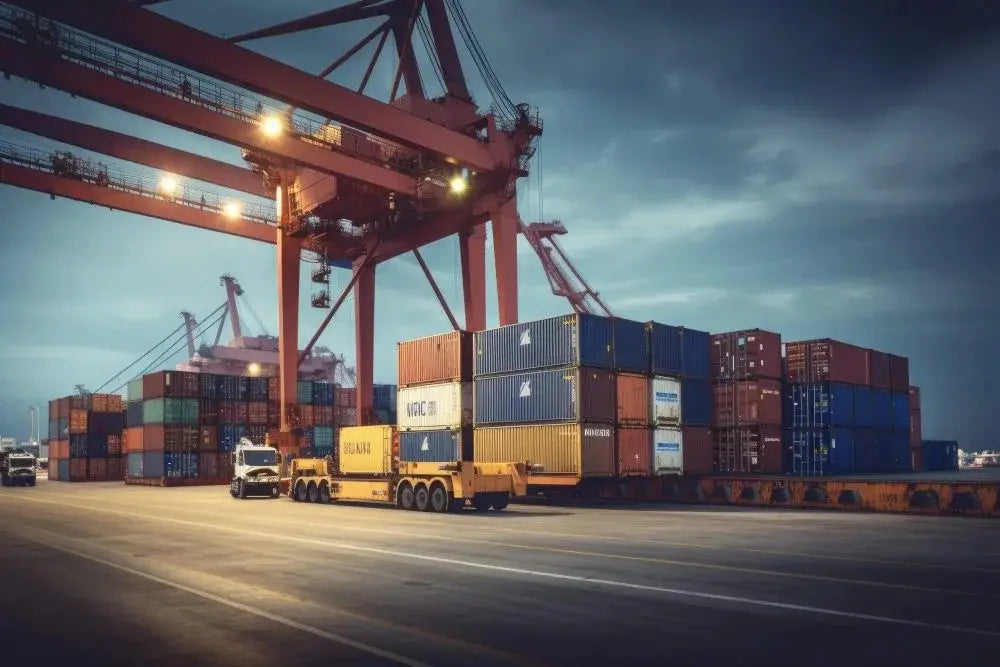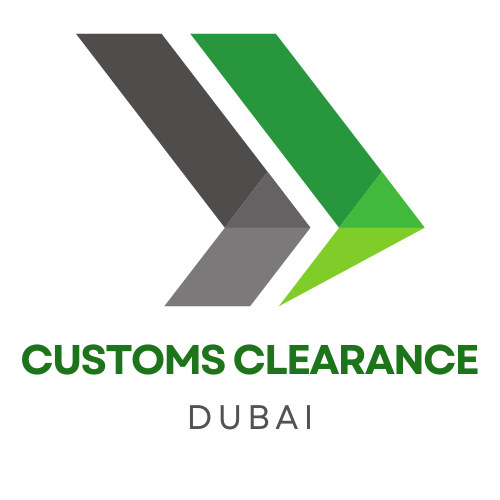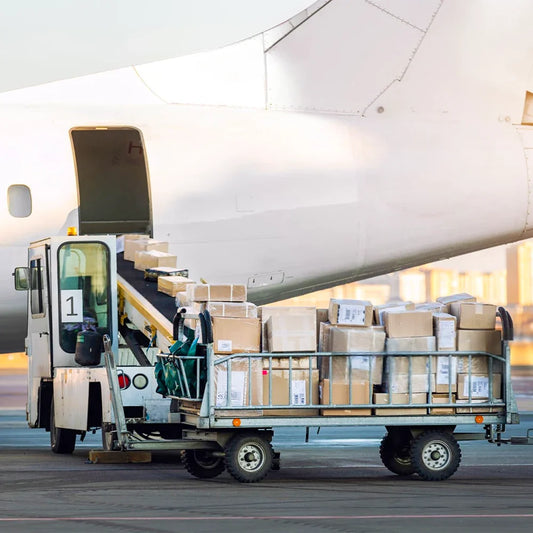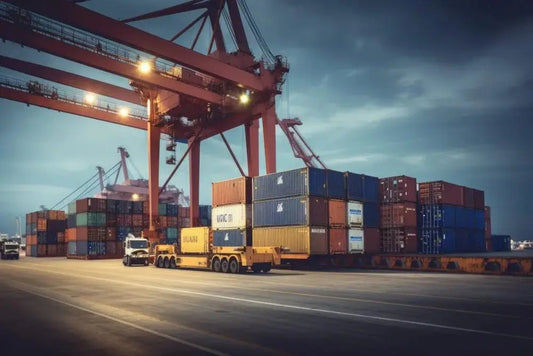كيفية استيراد البضائع إلى دبي: ما تحتاج إلى معرفته

جدول المحتويات
- سجل عملك لدى جمارك دبي
- فهم وثائق الاستيراد المطلوبة
- دفع الرسوم الجمركية والضرائب
- تخليص شحنتك من خلال جمارك دبي
- ترتيب التسليم النهائي وتخزين المستودعات
تُعدّ دبي مركزًا لوجستيًا وتجاريًا عالميًا، مما يجعلها وجهةً رائدةً لاستيراد البضائع. سواءً كنتَ مستوردًا جديدًا أو تاجرًا متمرسًا، فإن فهم عملية الاستيراد في الإمارات العربية المتحدة ضروريٌّ لعملياتٍ سلسةٍ وفعّالةٍ من حيث التكلفة. في هذه المدونة، سنشرح لك خطوةً بخطوةٍ إجراءات استيراد البضائع إلى دبي، بما في ذلك المتطلبات القانونية، والتخليص الجمركي، ونصائح لتجنب التأخير.
سجل عملك لدى جمارك دبي
قبل استيراد البضائع إلى دبي، يجب تسجيل شركتك لدى جمارك دبي. تتضمن هذه العملية ما يلي:
- الحصول على رخصة تجارية صالحة من دائرة التنمية الاقتصادية أو سلطة المنطقة الحرة.
- التسجيل في بوابة دبي التجارية (www.dubaitrade.ae) للحصول على رمز جمركي.
- تقديم المستندات مثل نسخ الرخصة، وبطاقة الهوية الإماراتية، ونسخ جوازات السفر لأصحاب الشركة.
نصيحة: تأكد من أن نشاط ترخيصك التجاري يتطابق مع نوع البضائع التي تخطط لاستيرادها.
فهم وثائق الاستيراد المطلوبة
لتخليص البضائع عبر جمارك دبي، تحتاج إلى المستندات التالية:
- فاتورة تجارية
- قائمة التعبئة
- شهادة المنشأ
- بوليصة الشحن (للشحن البحري) أو بوليصة الشحن الجوي (للشحن الجوي)
- تصريح الاستيراد (إذا كان ينطبق على البضائع المحظورة)
- طلب توصيل من وكيل الشحن
- نموذج الإقرار الجمركي
يمكن أن يؤدي استخدام خدمة التخليص الجمركي في دبي أو شركة شحن موثوقة إلى تبسيط هذه الخطوة من خلال إعداد المستندات وتقديمها نيابة عنك.
دفع الرسوم الجمركية والضرائب
تخضع معظم البضائع المستوردة إلى دبي لرسوم جمركية بنسبة 5% بناءً على قيمة CIF (التكلفة + التأمين + الشحن). وتُفرض ضرائب أعلى على بعض المنتجات، مثل التبغ والكحول.
سيتعين عليك أيضًا التسجيل في ضريبة القيمة المضافة إذا تجاوزت الإمدادات والواردات الخاضعة للضريبة لشركتك 375000 درهم إماراتي سنويًا.
نصيحة احترافية: التصنيف الدقيق لرموز النظام المنسق يضمن حساب الرسوم الجمركية بشكل صحيح والتخليص بشكل أسرع.
تخليص شحنتك من خلال جمارك دبي
بعد تقديم المستندات ودفع الرسوم، تقوم جمارك دبي بفحص البضائع ماديًا أو إلكترونيًا. في حال عدم وجود أي مشاكل، تُفرج عن البضائع.
قد تختلف أوقات التخليص الجمركي حسب:
- نوع البضاعة
- ميناء الدخول (جبل علي، ميناء راشد، مطار دبي ورلد سنترال، مطار دبي الدولي)
- هل التفتيش مطلوب
نصيحة لتوفير الوقت: الشراكة مع وكيل التخليص الجمركي في دبي مثلنا في customs-clearance-dubai.com تضمن معالجة أسرع وامتثالاً.
ترتيب التسليم النهائي وتخزين المستودعات
بعد التخليص الجمركي، يُمكن تسليم بضائعك إلى موقع عملك أو تخزينها في مستودع جمركي. بناءً على سلسلة التوريد الخاصة بك، يُمكنك اختيار ما يلي:
- التسليم المباشر إلى مستودعك
- التوزيع المحلي عبر خدمات النقل بالشاحنات
- التخزين طويل الأمد في المناطق اللوجستية في دبي
يقدم فريقنا حلول شحن كاملة من الباب إلى الباب بما في ذلك التسليم في الميل الأخير في جميع أنحاء دولة الإمارات العربية المتحدة.




